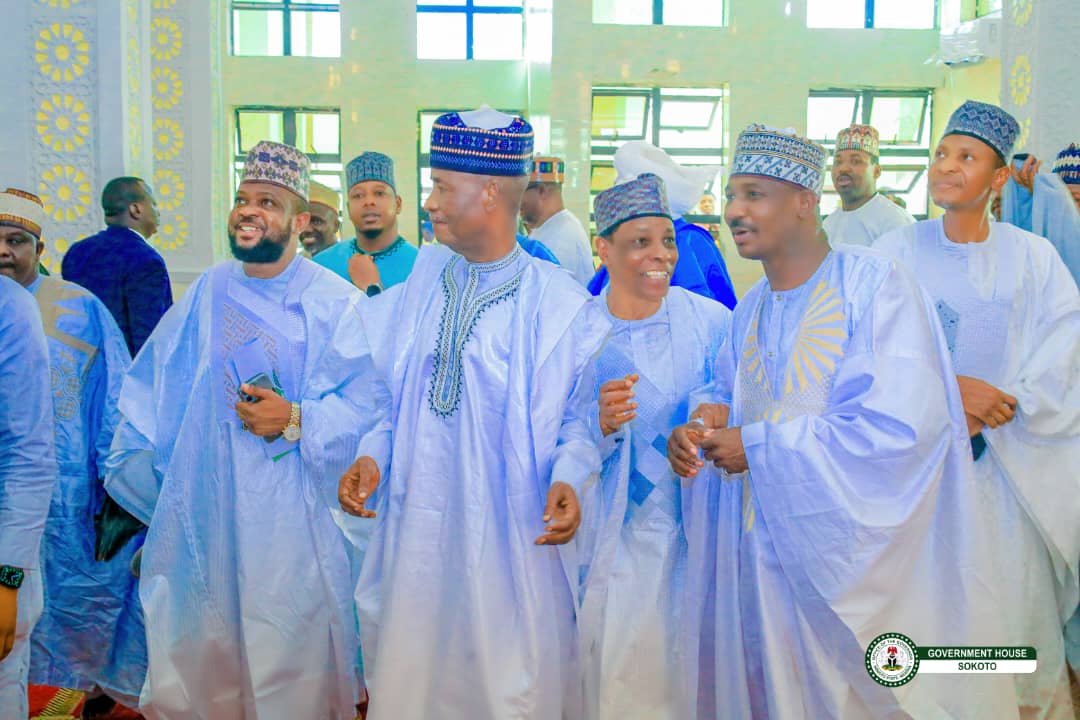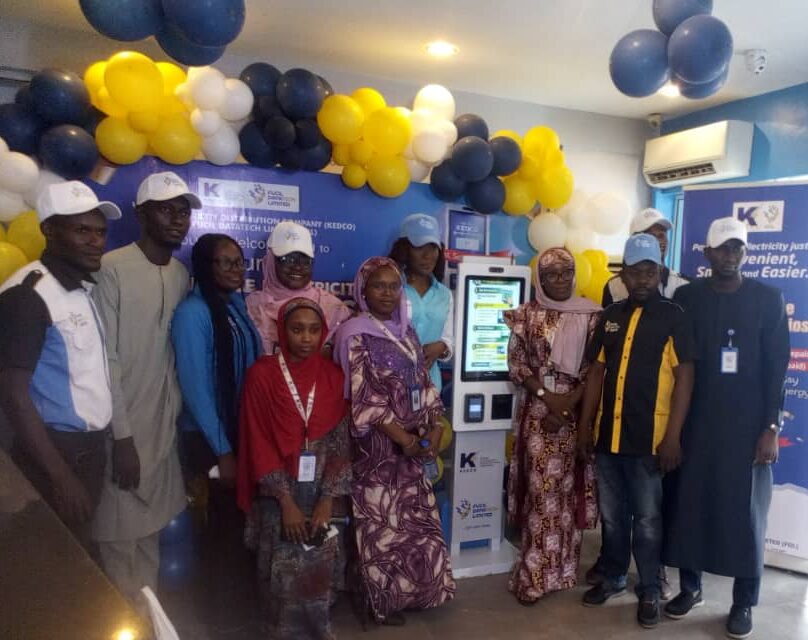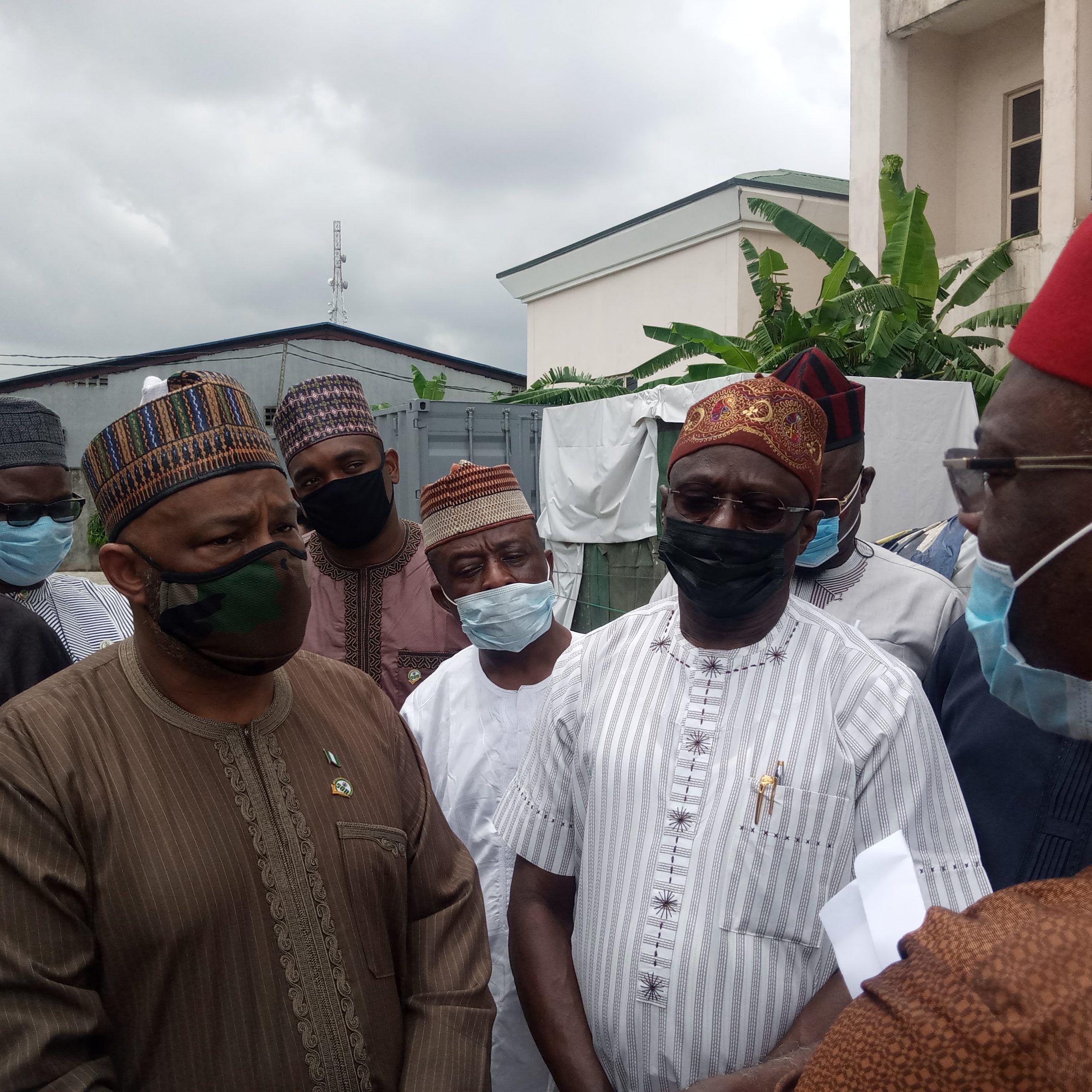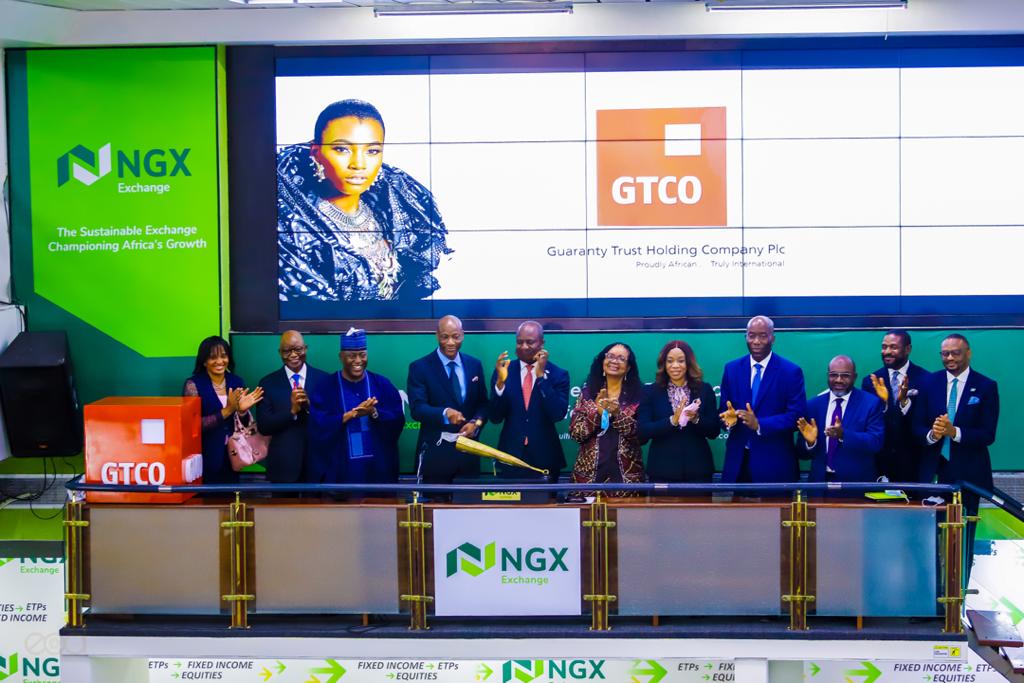KEHINDE EMMANUEL,IlORIN
Dr Bunu Alibe and Mr Ayodele Olojede, two aggrieved directors of Green Energy International Limited, have turned down the interim agreement proposed by the firm’s Chairman, Prof. Anthony Adegbulugbe, in the dispute over the ownership of the company.
The duo, through their lawyer, Pascal Ukah, on Tuesday told Justice Bolaji Olajuwon of a Federal High Court, Abuja, that instead of entering into an interim agreement with Adegbulugbe, they would rather prefer a substantive agreement.
According to the reports that Alibe and Olojede had through their former counsel, Alade Agbabiaka, SAN, filed a motion on notice marked FHC/ABJ/PET/20/2020 against the company and Adegbulugbe as first and second respondents respectively.
Our correspondent, reports that Adegbulugbe was a former Special Adviser on Energy in the Olusegun Obasanjo administration.
The plaintiffs had in the suit, which was commenced via a petition, accused Adegbulugbe of a series of corporate misdemeanors, including unilateral usurpation of executive responsibilities, contrary to the provisions of the Companies and Allied Matters Act (CAMA), 2020 and the company’s Articles.
They claimed that they were unlawfully removed by the chairman (Adegbulugbe) of the company they jointly nurtured to fruition.
The applicants averred that such decision was contrary to the provisions of CAMA 2020 and the organisation’s Article of Association.
Responding, Adegbulugbe also filed a separate suit against the two directors before the court.
Although the matter was formerly before Justice Ijeoma Ojukwu, the case was, however, reassigned to Olajuwon, following the transfer of Ojukwu to the Calabar division of the court.
When the matter came up before Olajuwon on Nov. 2, 2021, the parties indicated interest to settle the dispute out of court, prompting the judge to adjourn for report on out-of-court settlement or for continuation of the matter.
However, at the Feb. 3 hearing, the new counsel to the two directors, Etigwe Uwa, SAN, told the court that he had just taken over the matter from Agbabiaka and would need more time to study the brief.
The application was not opposed by Bembella Anachebe, SAN, who was the counsel to the respondents and the matter was adjourned for parties to explore out-of-court settlement.
Upon resumed hearing of the case on Tuesday, Anichebe stated that the court, on the last adjourned date, directed parties to explore out-of-court settlement.
He said both parties agreed to engage an expert valuer who drafted an interim agreement that would be binding on parties.
“I was told that settlement cannot be reached owing to inability of petitioners (Alibe and Olojede) to commit to settlement,” he said.
He said the agreement was sent to the petitioners around “April 27 or April 28” for them to either sign or comment so that the settlement could be reached and their salaries paid.
The counsel said on their own part, they received the draft interim agreement on April 27.
“Unfortunately, as at yesterday when my client visited me, the agreement had not been signed nor had there been any reply from them,” Bembella told the court.
He stated further that during an exchange of correspondences between the two counsel, “there was an issue as per manner of evaluation or modus to be embarked on.”
“On the part of the petitioners, they wanted a CPR kind of evaluation.
” So my instruction now is to proceed with our motion seeking to dismiss the petition in its entirety on very incontrovertible grounds of law,” he said.
But responding, Ukah, who said he agreed with Bembella that the matter was scheduled for a report of settlement, however, disagreed with him on his prayer that their petition be dismissed.
He told the court that they received a letter and a draft interim agreement from Prof. Gbolahan Elias who was appointed to draft the terms of agreement.
To show readiness to amicably settle out of court, he said they accordingly responded to that letter, “wherein we stated our clients’ inability to agree to the draft agreement.”
He said his clients, however, prefer a substantive agreement if the parties were willing to come to a consensus.
“Did you put that in a letter?” the judge then asked.
Ukah, who responded in the affirmative, said: “Pertinently, our clients demanded all outstanding remunerations from the company which they jointly founded.”
However, Bembella said he was unaware the petitioners wrote a letter in reply to the draft agreement while Ukah admitted that he did not inform counsel to the respondents the previous day they met.
Ukah, who held the brief of Uwa, then prayed the court for a short adjournment to enable Bembella respond to their draft agreement.
He said if this arrangement could not work, the court could proceed on hearing the motion.
The judge asked Bembella if he was in agreement with Ukah’s request for an adjournment since they had responded to Elias’ letter which he (Bembella) was yet to see.
Bembella did not oppose the application.
Olajuwon adjourned the matter till June 7 for report of settlement or hearing of pending application












